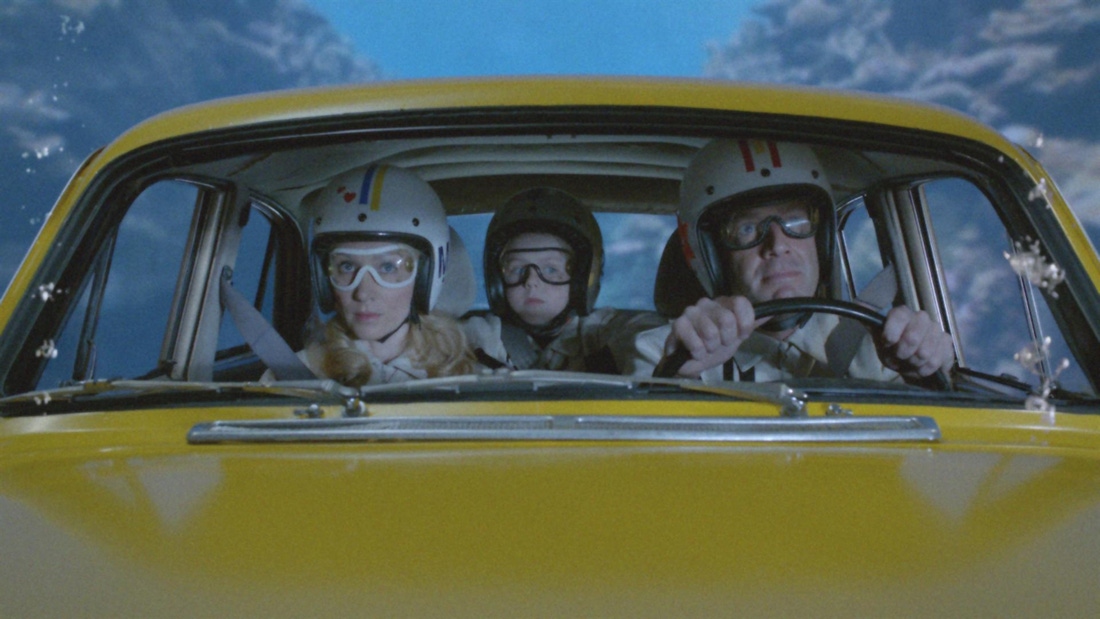Big-Event Marketing Pays Off, Hyundai’s U.S. Chief Says
Targeted, online messaging to niche audiences does not provide the auto maker the same “echo-chamber effect” as does airing its commercials during heavily watched television events.
March 6, 2012

PAHRUMP, NV – Few auto makers in the U.S. are as willing to shell out money to advertise during major televised events as is Hyundai.
The surging Korean brand aired two TV commercials during February’s Super Bowl football game, was a major sponsor of this year’s Grammy Awards and ran nine spots during the Academy Awards last month.
While some might presume such efforts come at a considerable cost, Hyundai’s U.S. CEO John Krafcik says that’s not so.
“Much is said about the investment, but our investment in the Super Bowl was single-digit millions,” he tells WardsAuto in an interview. “Our marketing budget is half-a-billion dollars more or less, round numbers. So (big-event advertising is) a relatively small portion of (that).”
While more-established car companies don’t see the benefit of costly marketing activities, the advantage to an up-and-comer such as Hyundai is clear, Krafcik says.
Advertising during heavily watched TV events, part of Hyundai’s “big voices in big places” strategy, works well to reach the third of new-car buyers who normally would pass over the Korean brand.
“When we’re talking to a mass audience, consumers understand it’s not just them hearing the message but (also) their friends…and that means they have more social permission to put Hyundai on their shopping list,” Krafcik says.
Targeted, online messaging to niche audiences doesn’t get Hyundai the “same echo-chamber effect” as do the big-event ads, he says. “That complete social awareness of (people saying), ‘Wow, Hyundai is a big brand. Everyone is seeing the spot; they must have their act together.’ That works really well for a brand at our stage.”
Hyundai can prove such promotions are effective by the “tremendous” jumps in traffic to its consumer website after big-event advertisements air, Krafcik says.
The auto maker touts the effectiveness of last month’s commercials in its sales release for February, noting the Super Bowl and Oscar commercials “delivered strong consumer demand across our lineup.”
Hyundai’s U.S. sales rose 12.8%, to 51,151 units in February, according to WardsAuto data. While that’s a smaller percentage increase than was seen by its competitors, primarily the domestic brands, the Korean auto maker still was able to grow its market share in the month to 4.5%, from 4.4% year-ago.
The Oscar spots heavily promoted the next-generation Azera large sedan, but sales of the model slipped last month from year-ago, registering only 13 delieries as new units arrive at dealers.
Sales of the Elantra compact-car, which also was promoted during the Academy Awards, were far stronger in February, up 51.6%, while deliveries of the Accent subcompact jumped 23.8%.
You May Also Like